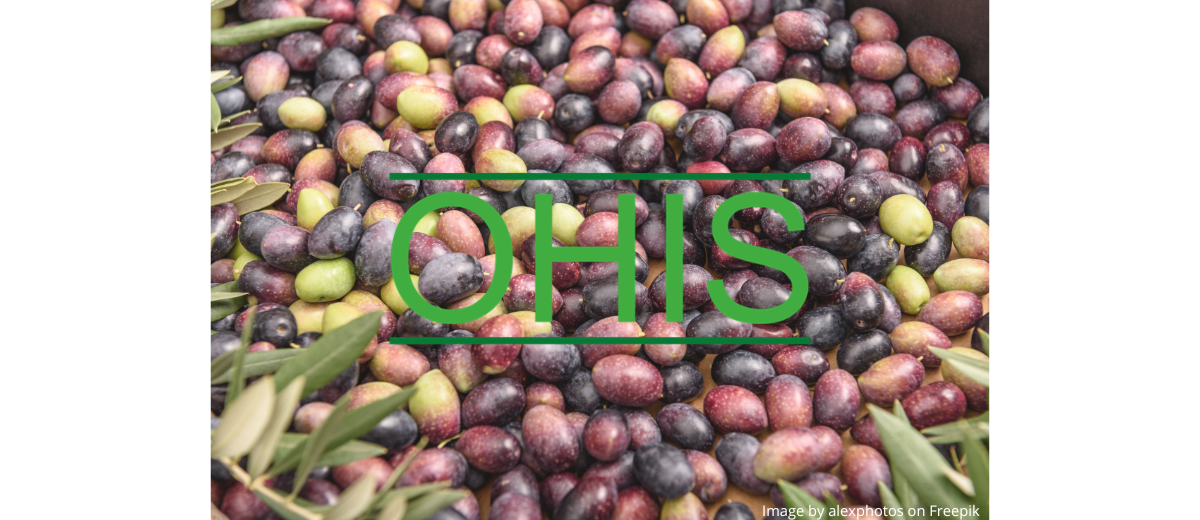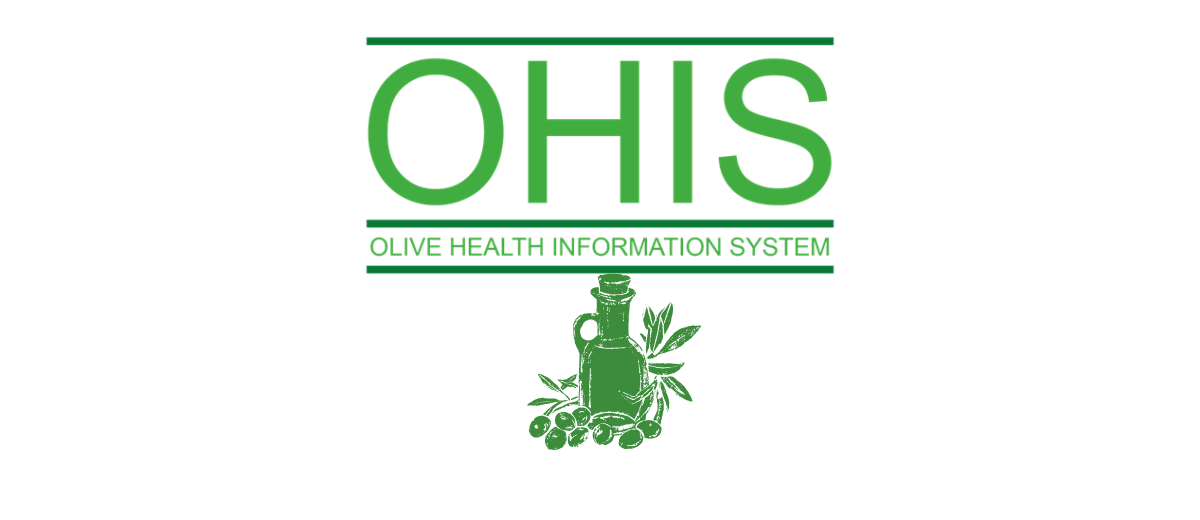The Olive Health Information System website
The newsletter of the University of Navarra and the IOC dedicated to health
Olive oil is a key component of the Mediterranean diet (MedDiet), which has potential health benefits on health outcomes. This week’s newsletter brings to information on studies showing that healthy dietary patterns, such as the MedDiet could reduce the risk of developing cardiovascular diseases (CVDs), improve metabolic profile and prevent or delay cognitive disorders. A meta-analysis (including 159 cohort studies) has explored the relationship between dietary patterns and cardiovascular health outcomes. Findings showed that adherence to the MedDiet was significantly associated with a risk reduction of 15% for CVD incidence and 17% for CVD mortality. Moreover, the CARDIVEG study showed that MedDiet could improve apolipoproteins related to atherosclerotic plaque progression and inflammatory parameters. Protective associations could be expected, considering that MedDiet is characterized by higher consumption of plant-based foods and the use of olive oil as the main culinary fat. Some mechanisms through which olive oil exerts protective effects on CVD could be the high content of monounsaturated fatty acids, antioxidants, and anti-inflammatory bioactive compounds.
The study of the gut-brain axis, a bidirectional communication pathway between the gastrointestinal tract and the central nervous system, has garnered significant attention. Microbial phenolic metabolites (MPM), derived from the breakdown of dietary polyphenols by gut bacteria could play key mediators in this complex interplay between the gut microbiota and brain function. Investigators from the PREDIMED-Plus trial evaluated the relationship between urinary MPM and neurocognition, measured by the mini-mental state examination and the clock drawing test. This study revealed that urinary MPM, such as protocatechuic acid and enterolactone glucuronide were associated with better cognitive function in older participants at higher risk of CVD. Furthermore, in a pilot study of 16-week nonblinded, investigators evaluated the neuroprotective capacity of extra virgin olive oil (EVOO) in women diagnosed with trigeminal neuralgia (TN). After a 4-week baseline, women were randomized to 60 mL/day EVOO or control (usual diet and no supplemental EVOO) for 12 weeks. Participants completed a daily questionnaire on pain intensity and compliance, the Penn Facial Pain Scale weekly, the 36-Item Short Form Survey monthly, and dietary assessment during baseline study midpoint and toward the end of the study. Results indicated that EVOO alleviates pain interference in women experiencing facial pain from TN.
Despite these prominent results, further exploration of the gut-brain axis, microbial-host interactions, and the consumption of olive oil is essential for fully understanding the role of bioactive compounds in neurocognition health.
Click HERE to see the latest posts…










